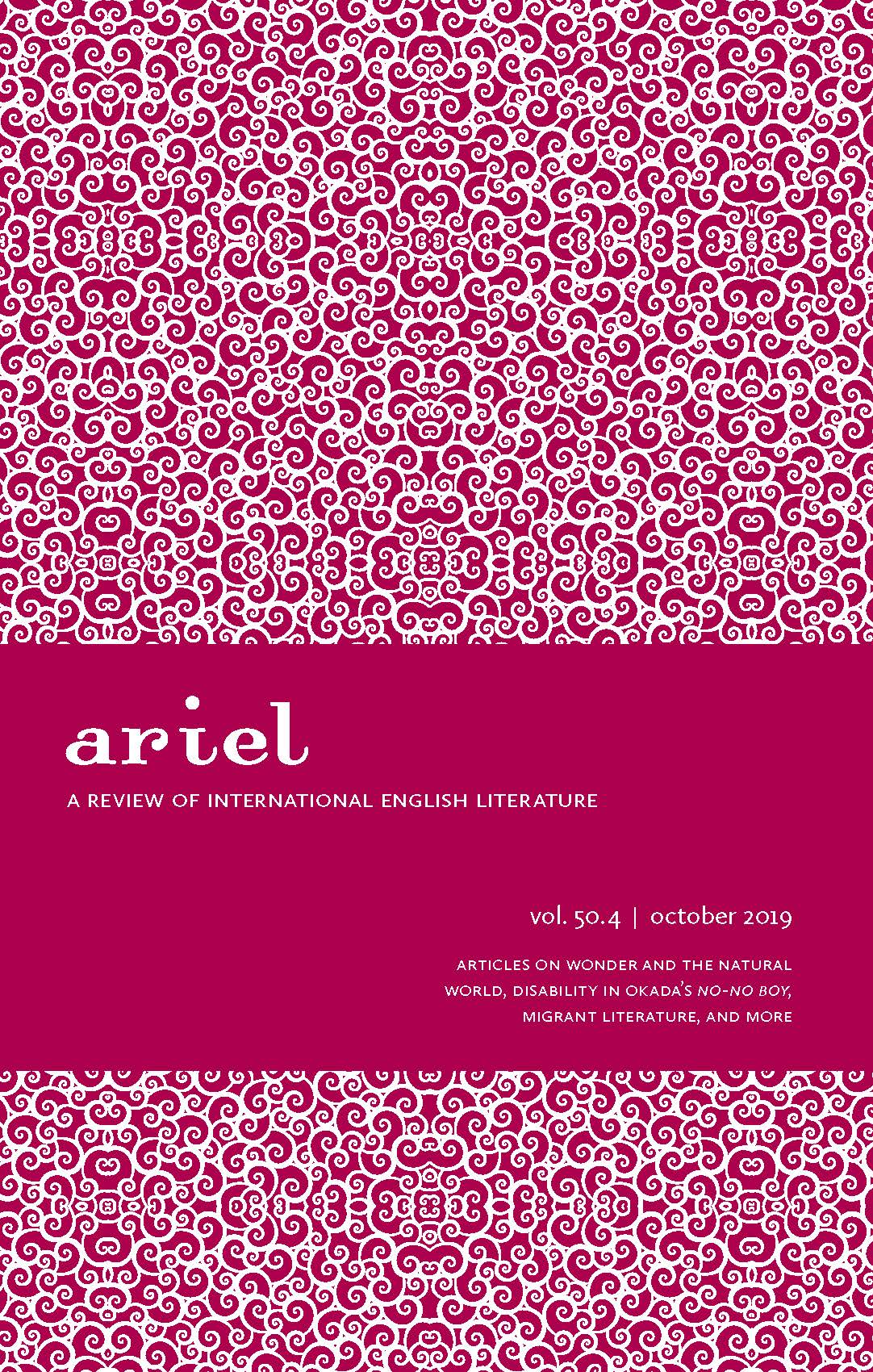The Mirrors of Princesses: Utopic Geo-Poetics and Geo-Politics in Salman Rushdie’s The Enchantress of Florence
Abstract
My article analyzes Salman Rushdie's critical engagement with humanism in The Enchantress of Florence (2008). The novel plays with the literary form of utopia by juxtaposing anachronistic worlds with each other, in an act of unhistorical imagination. Shifting across different geographical spaces - Renaissance Italy, Mughal India, the Americas - the text decenters the humanist self that emerges in Europe during the fifteenth and sixteenth centuries, contrasting it to another tradition of humanism from the Indian subcontinent. Highlighting the importance of gender to the novel's reflection to the place and nature of 'man', I examine the 'mirrors' created by the enchantress of Florence and Fatehpur Sikri for their princes; worlds in which strength derives from egalitarian relations. Rushdie's Utopic play runs aground in the new world, however, marking the limits of his critical humanism.


